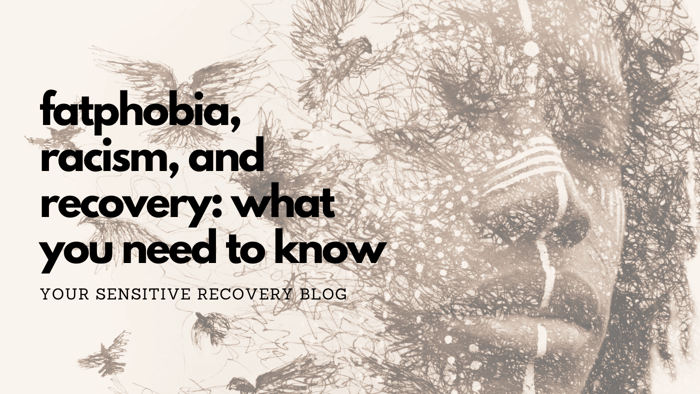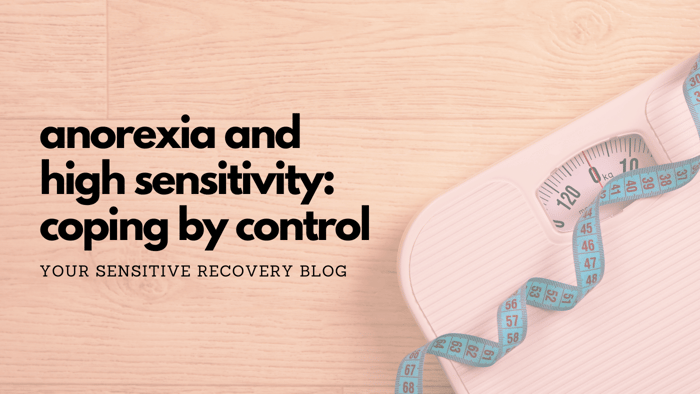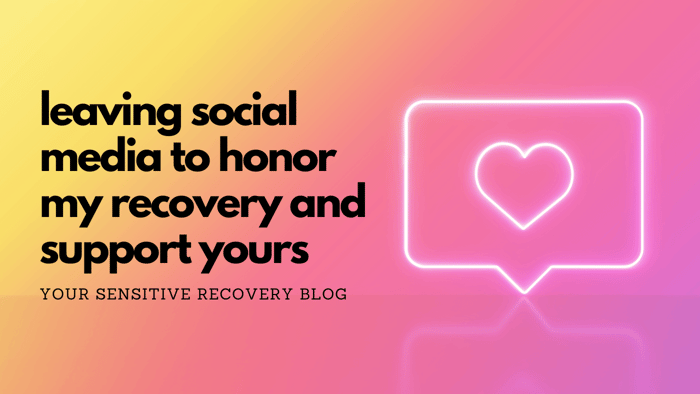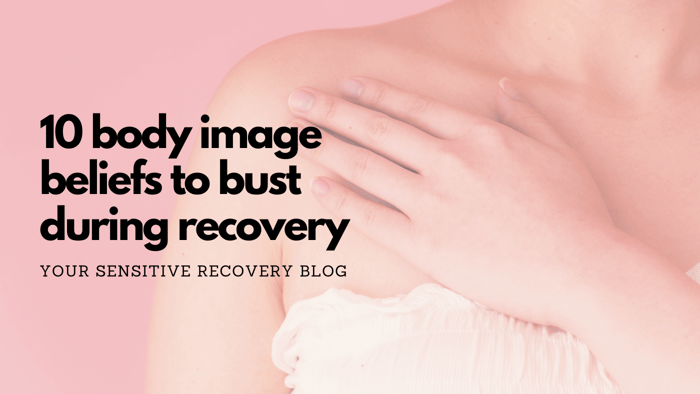February is Black History Month, an opportunity to reflect on, celebrate, and honor the profound and innumerous contributions of Black individuals and communities throughout history. It’s also a time to intentionally examine how systemic racism continues to shape our lives, often in ways that go unnoticed. One such way is the intersection of fatphobia and racism - a topic that is deeply relevant to the journey of eating disorder recovery, and too often ignored.
Fatphobia, the systemic bias, discrimination, and stigmatization of fat bodies, does not stem simply from cultural standards of beauty or personal preference, but from racism, and the desire to elevate whiteness at the expense of Black bodies.
It can be difficult to acknowledge that fatphobia exists in our communities, in our homes, and in ourselves. It's almost impossible to not hold at least some degree of internalized fatphobia in this society. Being so, this post is not meant to shame anyone, but rather to help you explore the racist origins of fatphobia, how they impact the eating disorder recovery process, and why addressing and accepting the truth is crucial for fostering body liberation, inclusivity, and healing.
The Historical Roots of Anti-Fatness and Fatphobia
First and foremost, I'd like to acknowledge Sabrina Strings' fantastic work on this topic. If you haven't read her book, "Fearing the Black Body: The Racial Origins of Fat Phobia," I highly recommend it. Strings explains that it was during the transatlantic slave trade, that Europeans began associating larger body sizes with Blackness. This association wasn’t simply a neutral observation; it was part of a deliberate effort to portray Black people as morally and intellectually inferior, wild, and dangerous.
“The fear of the Black body was about more than aesthetics. It was used to both degrade Blackness and elevate whiteness.” - Sabrina Strings, Ph.D.As this effort began to take hold, Western beauty standards shifted dramatically. Thinness was no longer just one of several natural body types - but a marker of superiority, self-discipline, and desirability.
Reinforcing this narrative, religious and scientific leaders began claiming that larger bodies signified laziness and gluttony, traits conveniently assigned to Black people. Thin, white bodies, by contrast, were celebrated as pure and virtuous. These ideas laid the foundation for our modern obsession with thinness and the systemic, ongoing oppression of larger bodies.
How Dieting and Disordered Eating Perpetuate Fatphobia
The historical roots of fatphobia are still alive and well. Just think about the violent language so casually used when discussing weight and fat: "the war on obesity", "shred the fat", "kill your cravings", "crush your weight goals..." These seemingly innocuous statements evoke a forceful, dominating approach and imply that bodies are battlefields.
The modern Dieting Industrial Complex glorifies thinness at all costs and has become one of the most pervasive ways that fatphobia is perpetuated today, infiltrating our medical systems and causing immense harm to individuals and entire communities. It thrives on our fear of fatness and upholds harmful beauty standards that marginalize people of color.
For BIPOC individuals, the intersection of fatphobia and systemic racism creates additional barriers to recovery from disordered eating. They may struggle to recognize a problematic relationship with food or have more difficulty accessing care, due to factors such as a lack of representation in eating disorder research and culturally insensitive treatment approaches.
As Sonya Renee Taylor, author of The Body Is Not an Apology (another fantastic book that I highly recommend, by the way), states:
“Our society enforces the lie that our bodies are broken, and we must perpetually strive to fix them. This lie is rooted in systems of oppression that benefit from our self-hate and disconnection from our inherent worth.”Dieting and disordered eating are some of the most insidious ways that this lie manifests and thrives. Both perpetuate fatphobia by reinforcing the idea that some bodies (particularly thin, white, and able-bodied) are more valuable, more worthy, and more desirable than others.
Empowered and Inspired, Together
Choosing and fighting for recovery is such an empowering experience. I know deeply, however, that finding the motivation to do it for yourself can be a struggle. And if that's the case for you, perhaps this could be an opportunity to fight for something more.
I don't believe it's true that we "can't recover for other people." As social creatures, it's in relationships with others that we grow and evolve. And doing it for others helps us do it for ourselves. Fighting for your recovery so while also rejecting diet culture, embracing body diversity, and uplifting marginalized bodies, is next-level empowering and can help you grasp a purpose that can carry you through the hardest days of your journey.
Wondering how to get started?
5 Ways to Fight Fatphobia and Racism and Support Your Recovery:
- Reflect on Your Own Beliefs With Curiosity. Take time to question the internalized biases you may hold about body size, race, or health. When you have the urge to lose weight, ask yourself why. Consider where it comes from and what it promises. Journaling or discussing your reflections with a therapist or support group can help you dismantle harmful narratives.
- Challenge Harmful Language: Pay attention to the words you use to describe your body, food, and health. Avoid violent or moralistic language like “bad foods," “cheat days,” or “burning calories." Instead, focus on neutral and compassionate ways to talk about yourself and others.
- Diversify Your Media: Expose yourself to a wider range of voices and bodies in media. Follow BIPOC body positivity and fat liberation advocates who challenge societal norms and promote inclusive recovery narratives. Simply exposing yourself to a greater range of body sizes, shapes, and abilities can shift your perception of beauty and worth.
- Educate Yourself on Systemic Oppression: Take time to deepen your learning about the ways systemic racism and fatphobia intersect. Books quoted in this post like Fearing the Black Body by Sabrina Strings and The Body Is Not an Apology by Sonya Renee Taylor are a great place to start.
- Advocate for Inclusive Care: Whether it’s in your treatment program or within your social circle, speak up about the need for more inclusive and culturally sensitive approaches to eating disorder recovery. Representation matters.
Moving Forward With Intention
As you pursue your recovery from disordered eating and from the cultural norm of body hatred, it’s essential to recognize and dismantle the harmful narratives that disempower us and perpetuate shame - not only for your personal healing but for that of marginalized communities.
I encourage you to continue learning, reflecting, and taking action. Meaningful change begins with awareness and intention, and each step you take can lead us toward a world where all bodies are celebrated, respected, and free.
✨ Josie Munroe, LMFT is a licensed therapist and owner of JosieMunroe.com and Your Sensitive Recovery. As a recovered clinician and Highly Sensitive Person, she loves supporting others on their journeys to form new, empowered relationships with food, their bodies, and their sensitivity. Join the newsletter for a weekly boost of hope and inspiration. You deserve a recovery that works for you! ✨





